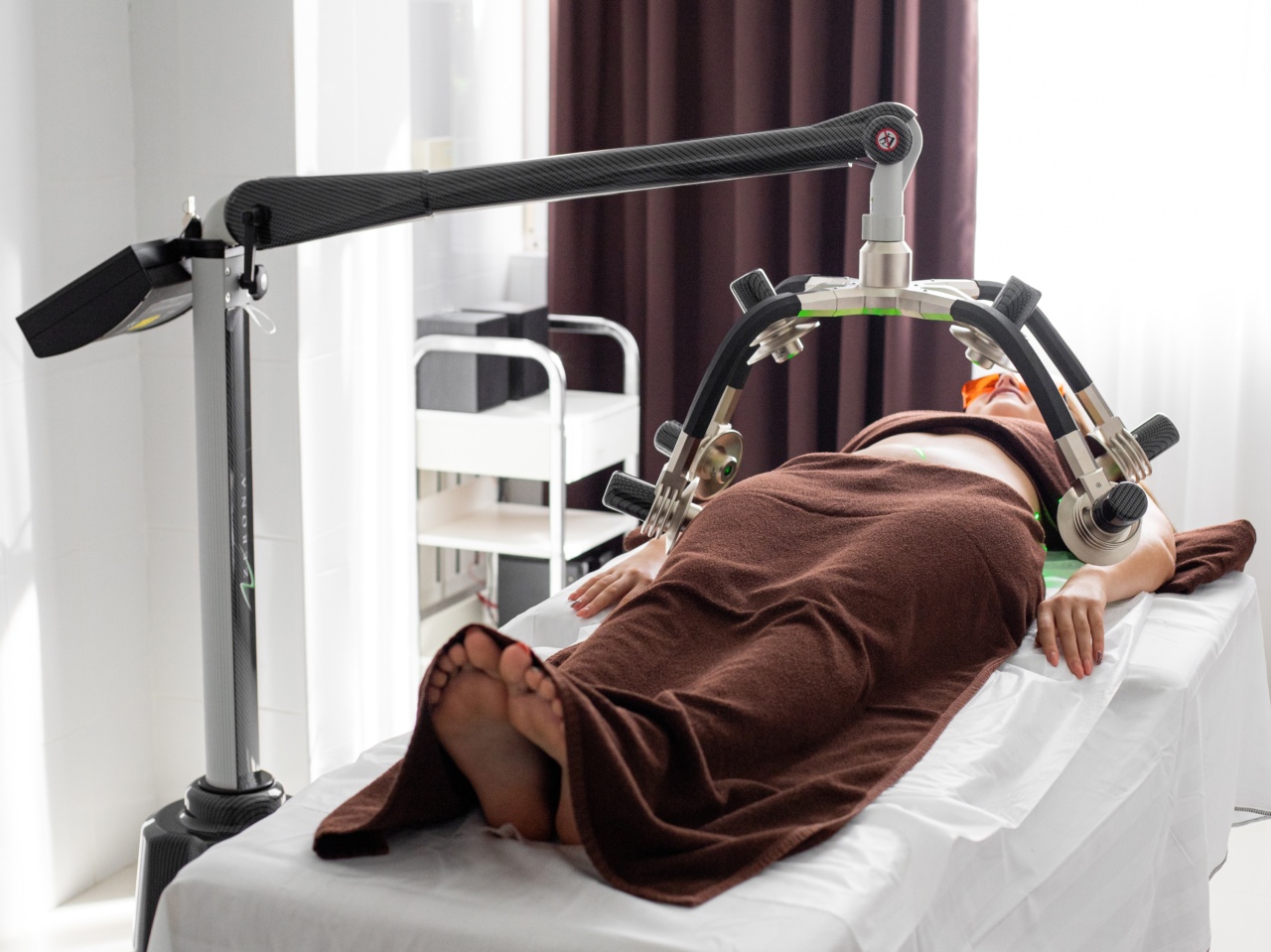The liver is a vital organ that plays a crucial role in various bodily functions, including metabolism, detoxification, and the breakdown of fats.
When the liver becomes overwhelmed with toxins and fat, it can lead to a condition called non-alcoholic fatty liver disease (NAFLD). This condition affects millions of people worldwide and is often associated with obesity, diabetes, and high cholesterol levels.
Understanding Non-Alcoholic Fatty Liver Disease
Non-alcoholic fatty liver disease is characterized by the accumulation of excess fat in the liver cells. Over time, this accumulation can lead to inflammation, scarring, and liver damage.
If left untreated, NAFLD can progress to more severe conditions like non-alcoholic steatohepatitis (NASH), liver fibrosis, cirrhosis, and even liver cancer.
The Impact of Lifestyle on Liver Fat Accumulation
Lifestyle factors such as poor diet, sedentary behavior, and excessive alcohol consumption significantly contribute to the development and progression of NAFLD.
Consuming a diet high in processed foods, refined sugars, and saturated fats can overload the liver with excessive fat, making it difficult for the organ to function optimally.
In addition, lack of physical activity and leading a sedentary lifestyle can further worsen the accumulation of liver fat.
Regular exercise not only helps in weight management but also aids in improving insulin sensitivity, reducing inflammation, and promoting overall liver health.
The Liver Fat Loss Solution
If you’re struggling with excess liver fat, there is hope. With the right approach, you can reduce liver fat by up to 30% and improve your overall liver health.
However, it’s important to remember that there is no one-size-fits-all solution, and what works for one person may not work for another. It’s always best to consult with a healthcare professional before making any significant changes to your lifestyle or implementing a new dietary plan.
1. Follow a Balanced and Nutrient-Rich Diet
Avoiding processed foods, sugary drinks, and excessive alcohol is crucial when aiming to reduce liver fat. Instead, focus on consuming nutrient-dense whole foods such as fruits, vegetables, lean proteins, whole grains, and healthy fats.
These foods provide essential vitamins, minerals, antioxidants, and fiber, which support liver function and help in the breakdown of fat.
2. Incorporate Liver-Friendly Foods
Several foods have been shown to have beneficial effects on liver health. These include:.
- Garlic: Garlic contains compounds that help activate liver enzymes responsible for flushing out toxins and reducing liver fat.
- Turmeric: Curcumin, the active compound in turmeric, has powerful anti-inflammatory and antioxidant properties that support liver health.
- Grapefruit: Grapefruit contains antioxidants that help protect the liver and promote the breakdown of fats.
- Green Tea: Green tea is rich in antioxidants called catechins, which can assist in reducing liver fat and inflammation.
- Cruciferous Vegetables: Vegetables like broccoli, cauliflower, and Brussels sprouts contain compounds that support detoxification and reduce liver fat.
3. Limit Added Sugars and Artificial Sweeteners
Added sugars and artificial sweeteners can contribute to liver fat accumulation and increase the risk of NAFLD. Be mindful of hidden sugars in processed foods, condiments, and beverages.
Instead, opt for natural sweeteners like stevia, honey, or maple syrup in moderation.
4. Increase Physical Activity
Regular physical activity is essential for reducing liver fat and improving overall health. Engaging in aerobic exercises, strength training, and high-intensity interval training (HIIT) can help burn excess fat and promote weight loss.
Aim for at least 150 minutes of moderate aerobic activity or 75 minutes of vigorous activity per week.
5. Prioritize Quality Sleep
Getting enough quality sleep is crucial for liver health. Lack of sleep can disrupt the circadian rhythm and lead to insulin resistance, inflammation, and increased liver fat accumulation.
Aim for 7-9 hours of uninterrupted sleep per night to support optimal liver function.
6. Manage Stress Levels
Chronic stress can contribute to weight gain, poor dietary choices, and increased liver fat accumulation.
Incorporate stress management techniques such as meditation, yoga, deep breathing exercises, or engaging in hobbies to help reduce stress levels and promote liver health.
7. Stay Hydrated
Drinking an adequate amount of water throughout the day is essential for liver health and detoxification. Water helps flush out toxins, supports optimal liver function, and aids in the breakdown of fats.
Aim to drink at least eight 8-ounce glasses of water daily.
8. Limit Alcohol Consumption
Excessive alcohol consumption is a significant risk factor for liver disease. It can lead to liver inflammation, fatty liver disease, and even cirrhosis. If you drink alcohol, do so in moderation.
Women should limit alcohol to one drink per day, and men should limit it to two drinks per day.
9. Consider Supplements
Some supplements have shown potential in reducing liver fat and improving liver health. These include milk thistle, beetroot extract, dandelion root, and alpha-lipoic acid.
However, it’s important to consult with a healthcare professional before starting any supplements to ensure their safety and effectiveness.
10. Monitor Your Progress and Seek Support
Regularly monitoring your progress through medical check-ups and blood tests can provide insights into your liver health and fat reduction progress.
Additionally, seeking support from healthcare professionals, registered dietitians, or support groups can provide guidance, accountability, and motivation along your journey to a healthier liver.
The Bottom Line
Reducing liver fat is crucial for improving liver health and preventing the progression of non-alcoholic fatty liver disease.
By adopting a balanced, nutrient-rich diet, incorporating liver-friendly foods, engaging in regular physical activity, managing stress, and making lifestyle changes, you can achieve a guaranteed 30% reduction in liver fat.































